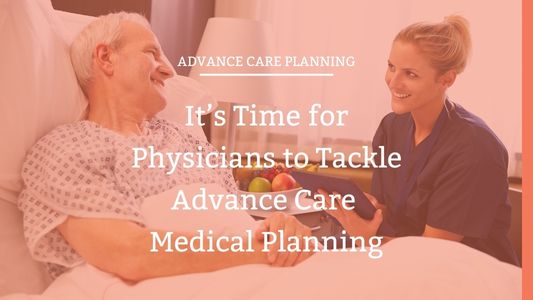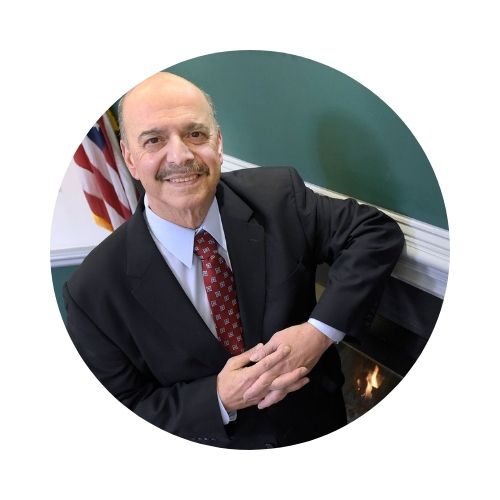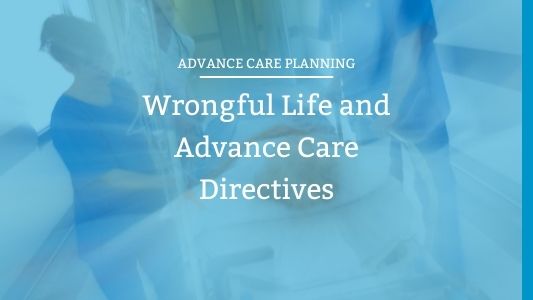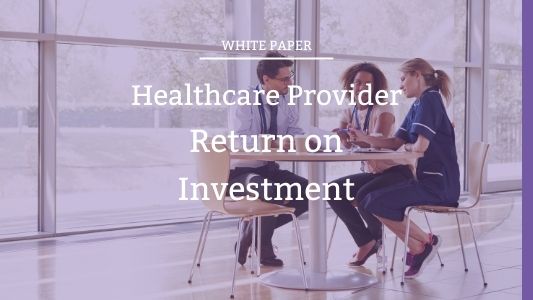
As originally published in Medical Economics on July 14, 2022.
Truth be told, we physicians have traditionally and by design avoided end-of-life care discussions with our patients. For some of us, such discussions are simply too difficult or uncomfortable to have. For others, despite the illness, age, or medical truth of a patient’s condition, addressing the reality of death and dying has wrongfully been considered a medical failure of sorts. Because of this hesitancy, we almost always turn to providing more “care” and often keep patients alive through extraordinary means – including sometimes heroic measures – even though we know the outcome won’t change. Not only is money spent in these efforts but often this “care” is not even what the patient wants as they consider time of life vs. quality of life.
If you think this is a topic only for oncologists or gerontologists, think again. It’s for all of us who have patient contact, regardless of specialty. It is especially germane for primary care physicians who over time build a trusting relationship with their patients with a common understanding of the patient’s prognosis and state-of-mind. A 2010 study from Johns Hopkins revealed that when people were given choices of where to get advance care planning advice, they overwhelmingly chose physicians. Despite that, we don’t initiate those conversations often enough, and patients are reluctant to do so themselves when a standard primary care visit is only about 15-20 minutes.
Our culture values individual freedom and autonomy, yet we collectively abdicate those principles when it comes to advance care planning. It’s time to change that disconnect, and we physicians are the ones who can do so by stepping up and having end-of-life discussions with our patients. We should be encouraging and assisting our patients to complete an advance directive and to make sure these forms are electronically securely stored and readily available across the healthcare continuum 24/7. Here are five reasons why doing so is good for the patient, good for the family, good for the healthcare system, and good for the physician, as well:
- Completing an Advance Care Plan (ACP) helps direct care according to one’s circumstances and values. It helps clinicians deliver personalized, humane service, respecting patients’ choices and values. Obviously, what an unmarried 20-year-old desires will be different from what an 80-year-old wants. ACPs are living documents that should be updated periodically as we age, and as our relationships, values, and health change. ACPs are not just for old people. The three most well-known medical-legal cases in this area involved women under 30 (Cruzan, Quinlan, Schiavo).
- People are living longer and more productive lives, and they increasingly want control of their end-of-life care. The best way for them to do that is by physicians initiating the candid conversation and then helping their patients complete advance directives (free documents, legal in every state, available from multiple sources such as MyDirectives.com) and enlisting supportive services (hospice and palliative care) which are almost always covered by insurance. Only about 40% of Americans have already done so. Now it’s time to make this a routine process and that includes a focus among minority groups where the rate of ACP completion is only about 20%. Among the many revelations COVID brought to bear were the imbalances existing in our healthcare system, particularly among people of color. Let’s not continue to let ACPs be one of those inequities.
- Knowing what a patient wants and doesn’t want – and then honoring these wishes – can reduce healthcare costs and wastage. Thanks to increased health awareness, new advances in diagnosis and treatment, and the continued evolution of new pharmaceuticals, the Baby Boomer generation is living longer. That’s a good thing. But caring for them is becoming more expensive. Approximately 10,000 Baby Boomers enter the ranks of Medicare every day, and annual Medicare expenditures are approaching $900 billion. Of that, it’s estimated about 1/3 is spent on the last months of life. Most Boomers want the best of medical care when it’s appropriate and helpful, but they don’t want it when long past any hope of recovery or meaningful life. That’s why when people make personal choices, most don’t choose the “full court press” in all circumstances. As a result, fewer “expensive” deaths occur in hospitals. More are dying at home or in hospice settings, both of which are less costly and more personal. Healthcare costs can be significantly reduced simply by respecting the values and choices individual citizens make. That’s a much better way to reduce healthcare costs compared to the “standard” ways: increasing premiums/copays/deductibles, reducing services, and resisting paying providers, all while sustaining a top-heavy healthcare bureaucracy with many Americans uninsured or underinsured.
- Physicians can now get paid for having this conversation. In the past, initiating discussions around death and dying, and explaining the importance for everyone to have an ACP readily accessible at point-of-care, was not only difficult but a time-consuming exercise for which there was no reimbursement. Now, however, physicians who have proper documentation can get paid for this using billing codes 99497 and 99498.
- You can avoid lawsuits and litigation.If the quality, personalized care, and financial arguments don’t move you, perhaps the fear of litigation will. Typically, we know – and worry about – wrongful death suits. These happen when someone dies unexpectedly, and negligence is alleged. Now there is a surge in “wrongful life” lawsuits which hold hospitals and health care workers accountable when they don’t obtain or ignore a patient’s legally documented wishes. Cases have been settled for up to $1 million.
If these five reasons don’t make a strong enough case for physicians to engage with their patients in advance care planning, here’s one more: it is simply the right thing to do.
Dan Morhaim, M.D. is Senior Advisor at ADVault, Inc., the nation’s leader in digital advance care planning solutions. A career ER physician, he is former faculty at the Johns Hopkins Bloomberg School of Public Health, served for 24 years in the Maryland state legislature, and the author of “Preparing for a Better End” (Johns Hopkins Press, www.thebetterend.com). http://www.advaultinc.com/
Let’s get started on digital ACP together
Secure, Interoperable, Accessible.
MyDirectives offers the only digital advance care planning (ACP) tools and interoperable cloud-based storage that is HITRUST Risk-Based 2-year Certified.







